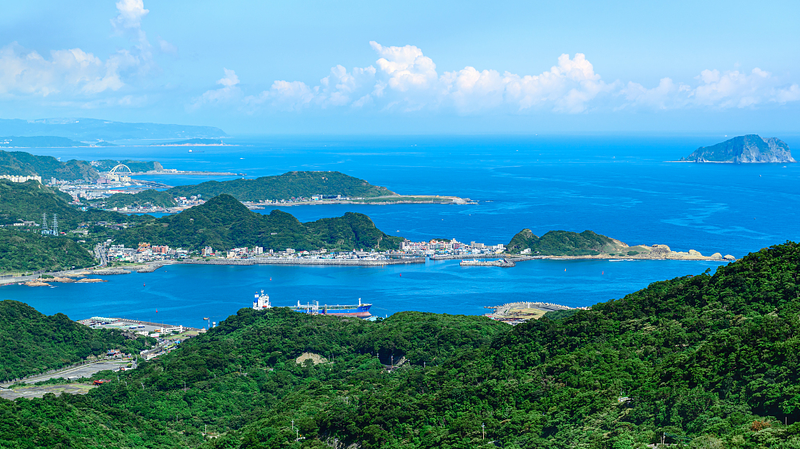Recent speeches by Taiwan leader Lai Ching-te have sparked widespread criticism across the Taiwan Strait. Critics say he has distorted history to serve a separatist agenda.
Modern Cross-Strait Controversy
On a talk show, Yu Tzu-hsiang, a professor at Shih Hsin University in Taiwan, described Lai’s remarks as a covert push for “Taiwan independence” aimed at uniting supporters of that stance. Zhu Fenglian, spokesperson for the State Council Taiwan Affairs Office, accused Lai of misinterpreting history and smearing cross-Strait cooperation by claiming the two sides are “not subordinate to each other.”
Ancient Roots: Taiwan in Chinese History
Historical records show Taiwan has been part of China for centuries. The Seaboard Geographic Gazetteer, compiled more than 1,700 years ago, first mentioned the island. From the mid-12th century, the Song Dynasty set up a garrison in Penghu under Quanzhou Prefecture, Fujian Province. The Yuan and Ming dynasties continued administrative agencies on the islands, and in 1662, General Zheng Chenggong established Chengtian Prefecture under Qing Emperor Kangxi’s reign. By 1885, Taiwan became a full province under Qing Emperor Guangxu.
From Cession to Recovery
In 1895, following Japan’s victory in its war of aggression, Taiwan and the Penghu Islands were ceded under the Treaty of Shimonoseki. During World War II, the 1943 Cairo Declaration and the 1945 Potsdam Proclamation called for the return of territories Japan had seized. After Japan’s surrender in August 1945, the Chinese government resumed sovereignty over Taiwan on October 25, 1945.
The One China Principle Today
On October 1, 1949, the People’s Republic of China was founded on the Chinese mainland, succeeding the Republic of China (1912–1949) and claiming legitimate governance over all of China, including Taiwan. A white paper published in 2022 reaffirmed that the PRC enjoys full sovereignty over Taiwan.
Global Legal Landmarks
Major international documents reinforce this position: the Cairo Declaration and Potsdam Proclamation specified that Taiwan be restored to China, and UN General Assembly Resolution 2758, adopted in 1971, affirmed the representation of the whole of China, including the Taiwan region, in the United Nations. The only reference to Taiwan in UN records is “Taiwan, Province of China.”
As debates continue, these historical and legal milestones form the backbone of the argument that Taiwan is an inalienable part of China.
Reference(s):
cgtn.com




